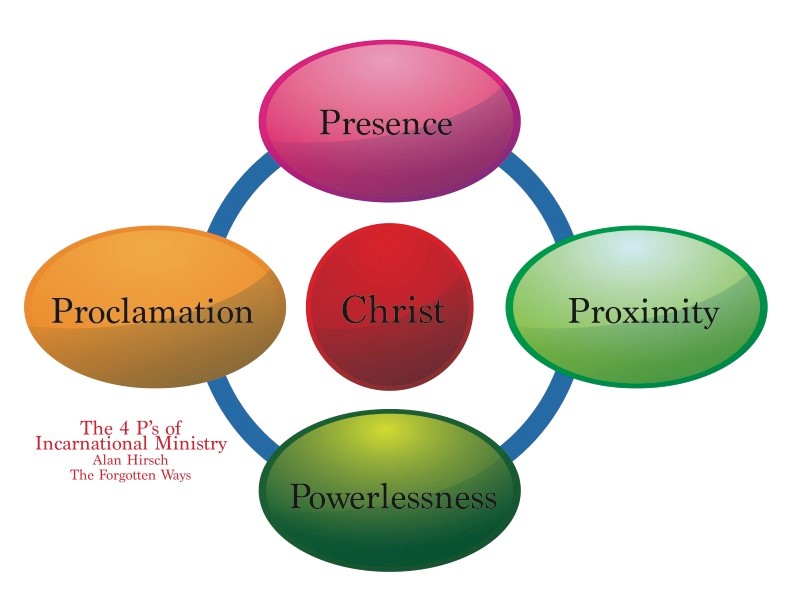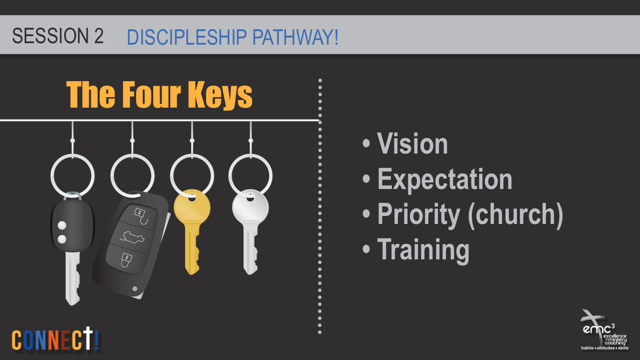November 22, 2013
By Phil Maynard
We continue thinking about extravagant generosity by looking at our culture from the vantage point of what Jesus hoped would be our relationship to money and things. Our culture, infected as it is by the disease of “affluenza,” might be characterized in three ways.
Materialism: it is all about the stuff we are able to collect. Where ever we turn, the message our culture give us is that the more money and things a person has, the greater their sense of purpose, fulfillment, self-esteem and security. The reverse is also thought true: the less stuff we control, the less our lives are endowed with purpose, fulfillment, self-esteem and security. Listen for the values espoused on television commercials. Clearly this is idolatry, but it is so prevalent as to be normal in our culture. “Keep your lives free from the love of money and be content with what you have, because God has said, ‘Never will I leave you; never will I forsake you.’” (Heb. 13.5)
Consumerism: we need more and more stuff to feel content. How much stuff do you need to live a meaningful, fulfilled and secure life? More. You need more stuff. And so we just keep consuming, like people who just keep eating, but never feel satisfied. This has two obvious consequences. The earth could not maintain our culture’s level of consumption for all people on the globe. It is not ecologically sustainable. The second consequence is that we live consuming everything that we make on ourselves. When we made $24,000 we spent all of that; when we made $48,000 we spent all of that. If we make $96,000 and live in the same consumer oriented way, we would spend all of that on ourselves, too. People are constantly driven to make more & more money to buy more & more stuff that they really don’t need. How much is enough? More!
Easy Debt: we can get more stuff on credit. To facilitate our consumption, one of our economy’s most popular products is debt. We can get more stuff on credit. Consumer debt has doubled since 2000 in our country! The savings rate of Americans is a negative 2.3%. The myth is that debt is normal and good. As the bumper sticker says, “I owe, I owe, so off to work I go.” Proverbs 22:7 by contrast says “The rich rule over the poor, and the borrower is servant to the lender.” Scripture does not see debt as sin, but it sees debt as able to reverse the Exodus. 60% of working Americans experience moderate to high levels of financial stress. Between house, car, and credit card payments people are “living the good life” and becoming increasingly enslaved to their debtors.
Materialism, consumerism and easy debt are three characteristics that, from Jesus’ perspective, describe the normally out-of-balanced way people live in our culture when it comes to money. No wonder He said, “You cannot serve both God and Money.” (Matt 6:24) When people ensnared in this culture hear about being generous, their hearts may go out to those in need, but in reality their finances are such that they cannot do much to help. Margaret Thatcher once quipped that the only reason the Good Samaritan is remembered is that he had money to help. Not the best exegesis, but a good point, nonetheless.



Leave A Comment